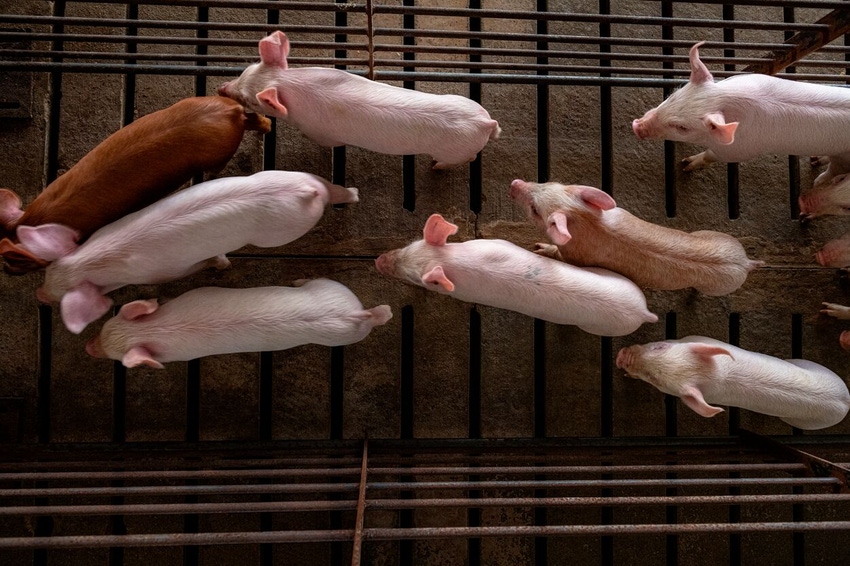New diagnostic tool sheds light on rotavirus in Australian swine herds
Of the 20 commercial pig farm samples, 58% tested positive for RVA, RVB or RVC or a combination of all three.
February 1, 2023

Diarrhea in piglets is estimated to cost the Australian pork industry more than $7 million each year. However, a new study conducted by Queensland biotech company, Genics, with veterinarian and industry partners, unlocks results that could support early on-farm health management and enhance treatment plans for impacted or at-risk pigs.
Rotavirus, one of the major pathogens causing diarrhea in both humans and animals, has a high prevalence in swine farms worldwide. This quick spreading disease can cause significant farming operation disruption, impact animal welfare, and in some instances, increase piglet mortality.
Collaborating with Australian east coast pork leaders, 243 intestinal (enteric) samples from 20 pig farms in 2021-22 were tested by Genics. The 243 samples were tested using the commercially available Genics Pork MultiPath as a service to detect the number of pathogens and differentiate between different RV strains (known as RVA, RVB and RVC, in addition to 16 further assay targets of enteric concern).
Presence of Lawsonia intracellularis, Brachyspira pilosicoli, Brachyspira hyodysenteriae, Salmonella enterica, Escherichia coli F4, F5, F6, F18, F41, or PCV-2 were also detected in the samples by the Pork MultiPath enteric panel, demonstrating a unique capability of this novel Australian genomic tool. Overall, of the 20 commercial pig farm samples, 58% tested positive for RVA, RVB or RVC or a combination of all three. At least one species of RV was found in 17 of 20 (85%) farms. Intriguingly, RVB was the most common strain identified despite it not commonly associated with pig scour.
"The Genics PCR-based Pork MultiPath diagnostic tool can give veterinarians and farmersincreased knowledge about rotaviruses (RV) in Australian pig herds," said Bernie Gleeson, SunPork veterinarian. "The impact for the industry from the use of this tool will be to improve efficiencies in animal health management."
The study's results could also be said to support Australia's biosecurity measures from 1986, with the banning of live pig imports back then having significant results in Australian pig pedigrees. The genetic sequences discovered by the Genics testing uncovered a familial link, meaning that if a rotavirus vaccine were to be developed for the pig industry, it would have a greater chance of efficacy due to the smaller gene pool in Australia, presenting an opportunity to mitigate pig diarrhea outbreaks.
A copy of the research paper "Detection and Genetic Diversity of Porcine Rotavirus A, B and C in Eastern Australian Piggeries" can be requested via the Genics website.
You May Also Like



